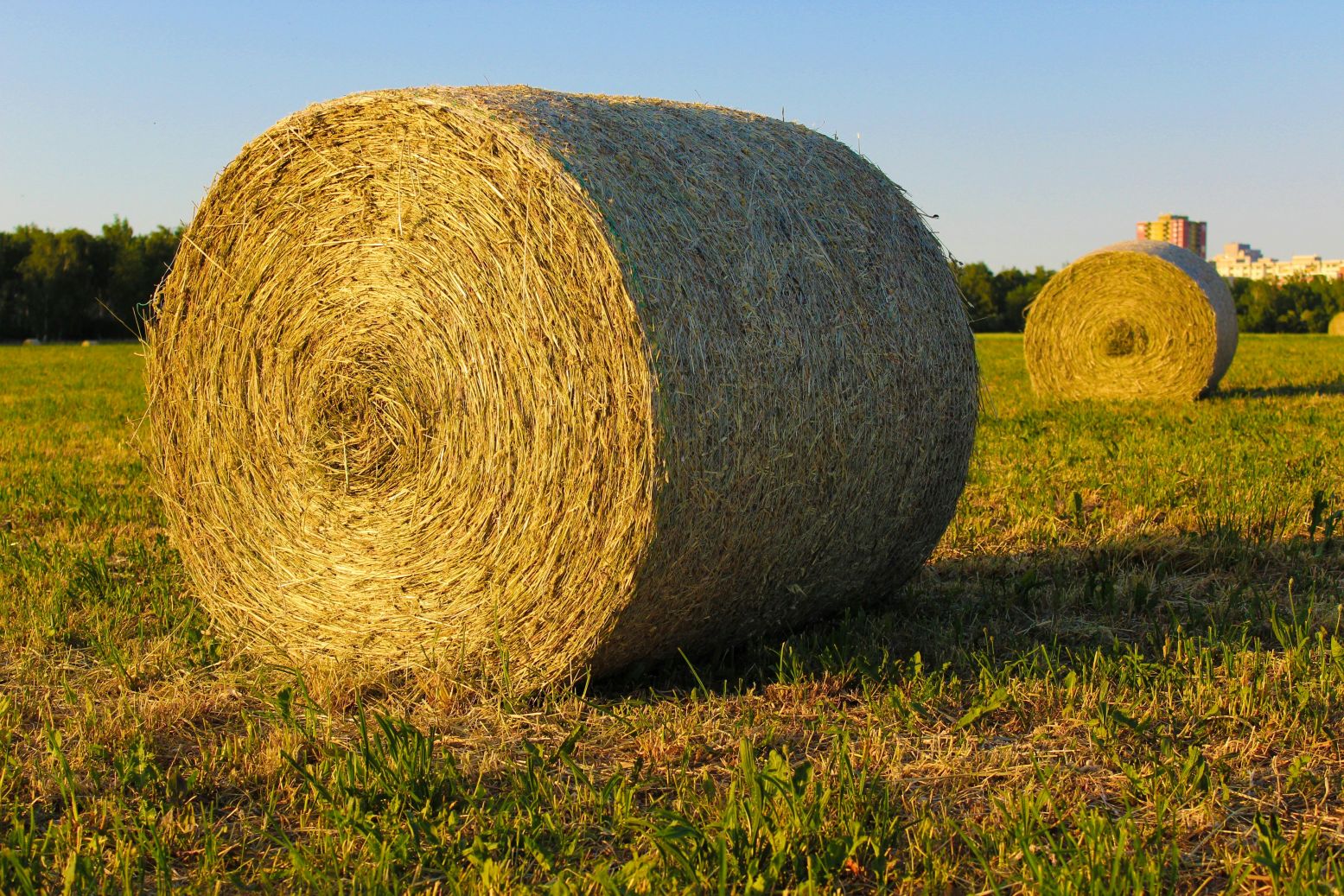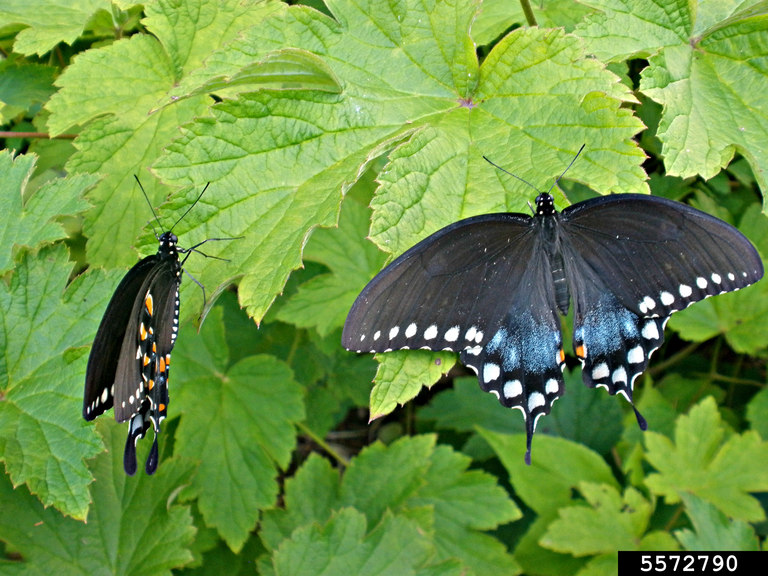ANR
-

As the holiday season winds down, you don’t have to say goodbye to your seasonal live plants. Potted plants like poinsettias, cyclamen, and Christmas cactus can continue to bring enjoyment for years. Your first act in prolonging the life of holiday plants is to remove their festive foil wrapping. None of these plants like to…
Posted in: ANR -

Each year, the USDA Farm Service Agency asks UGA county Extension agents to help in developing grazing and forage loss estimates for each county. As the Forsyth County Extension agent, I am asking producers who grow hay and/or forage in Forsyth County to use
Posted in: ANR -

Did you know that Georgia agriculture and natural resources can supply just about everything you need for holiday entertaining and gifting? I’m putting out a challenge to see just how many locally produced goodies we can incorporate into holiday festivities this season.
Posted in: ANR -

Agriculture is Georgia’s top industry, and most Georgia farms are family run businesses. While the number of farms has decreased statewide, the number of new and beginning farmers is encouragingly high. The 2-course Journeyman Farmer Certificate Program is designed to help new farmers overcome the challenges of building a farming business from the ground up.
Posted in: ANR -

There are many research studies that extoll the health benefits of being outdoors in nature. But other studies show that most people spend 70 percent or more of their time indoors. Fortunately, houseplants can give us mental and physical health boosts similar to what we experience from natural environments. Various research findings indicate that houseplants…
Posted in: ANR -

Originally crossbred to improve honeybee health in Brazil, Africanized honeybees instead became incredibly defensive. They were accidentally released in the 1950s, and the so-called “killer bees” were spotted in the U.S. in the mid-1980s, creating panic across the southern states. There have been new sightings of the bees in the Southeast, but are they really…
Posted in: ANR -

Sometimes, I walk through a store and just shake my head. In July, Halloween merchandise filled the center aisles of local shops. Before Labor Day, Christmas items took over entire store sections. Do we really need to prepare for the next season months in advance? When it comes to spring-flowering bulbs, we really do need…
Posted in: ANR -

School is back in session and autumn is only a few weeks away. If you have a warm-season lawn, now is the time to get it ready for winter. Proper care in late summer and early fall helps bermudagrass, centipedegrass, and zoysiagrass lawns enter dormancy at the appropriate time, protects against cold injury, prevents winter…
Posted in: ANR -

This August 2025 marks the 7th year of the Great Southeast Pollinator Census (GSPC). This annual citizen science event started in 2019 as the Great Georgia Pollinator Census, but has now grown to include five states. South Carolina, through Clemson University Extension, joined the project for the 2022 census, followed by North Carolina State University…
Posted in: ANR -

While pesticides should never be the first tool we reach for when managing pests in our homes and landscapes, there are times when pesticide use is warranted. Knowledge and planning are necessary to develop an effective and safe pest control strategy. Types of pesticides There are several types of pesticides, and each type contains ingredients…
Posted in: ANR